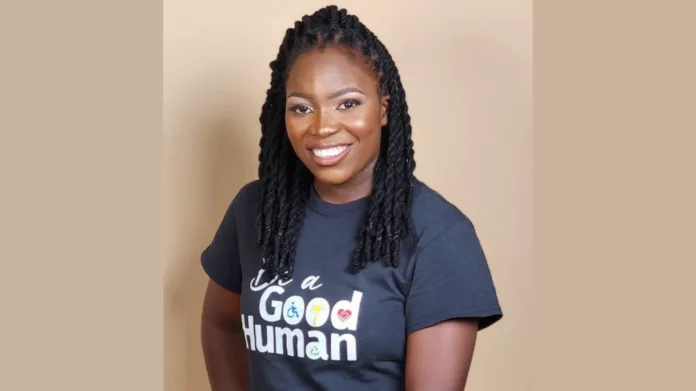By Kenicia Francis
Sixteen thousand people in the country – equating to roughly one in six local residents – are said to have a disability.
Disabilities can include everything from requiring a wheelchair to learning difficulties, or even something as simple as wearing prescription glasses, says Joshuanette Francis, founder of advocacy group Good Humans 268.
Francis told Observer however that the figures attained from the government’s Statistics Department do not shed enough light on precisely who is included in the breakdown.
She explained, “The data that they provided doesn’t break down by age; it only gives gender.”
Francis believes a more comprehensive picture would enable groups such as hers to reach more of those in need of assistance.
Good Humans 268 is a non-profit organisation dedicated to helping people with disabilities in Antigua and Barbuda, among other things.
“Disability is a spectrum. Someone who wears prescription glasses is classified as disabled. Your glasses become the tool that allows you to see, like a wheelchair becomes a tool that gets you to move around,” Francis explained.
“I am hoping to go to the Statistics Department to ask that future surveys are broken down into gender, age and type of disability because that type of data is what we need to truly invoke change.”
She continued, “I am hoping that when we get the data, we are able to use it from a place of facts. How many children in this country are using a wheelchair? How many are deaf and blind? What are we doing to ensure that they can get golden opportunities, like having homes, jobs, cars, savings?”
Additionally, Francis commented on the fact that the Disabilities and Equal Opportunities Rights Tribunal isn’t currently active.
The tribunal was established to review claims regarding any violations to the rights of a person with a disability in areas such as employment, housing, and education.
Francis is all too aware of how having a disability can impact one’s job.
“The tribunal needs to be up. Cases like mine need to be heard. We need to have a body of people who care about individuals with disabilities,” she said.
“Ironically, I was fired because I have arthritis. It’s predicted that by 40 the cartilage in my knees will be completely gone. I will not be able to work. I lost my mortgage, got depressed and deleted myself from social media. I cried myself to sleep for days. Then I learned that the disability tribunal is not up and running. The fight now with my previous employers is a battle,” she said.
Francis told Observer her personal journey had been the inspiration to setting up Good Humans 268.
“I want to leave this planet knowing I have done something positive,” she said.
“We’re not going to wait on the government, corporate Antigua, or all the money that’s out there in grants. We are going to do our little part to ensure that we are at a place where disability is a normal conversation.
“We’re doing things for people on the lower spectrum of society, at the bottom of the poverty scale, to help them.”

